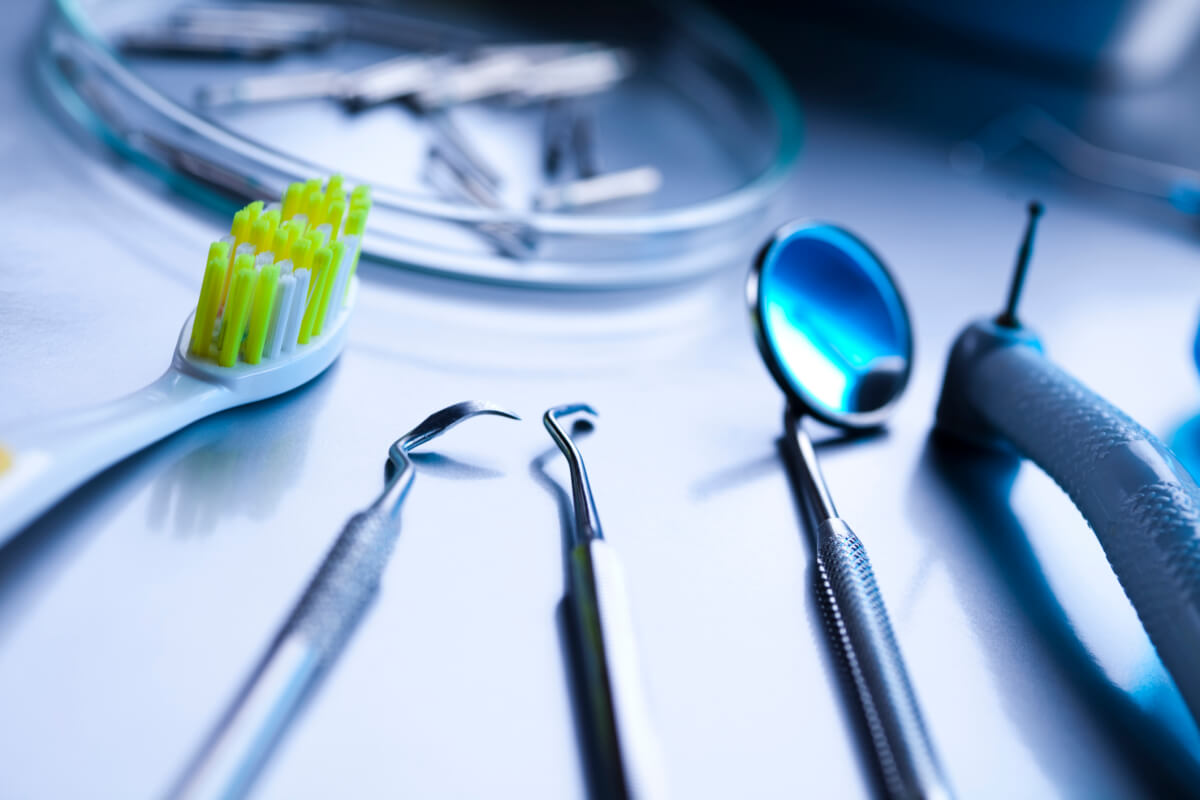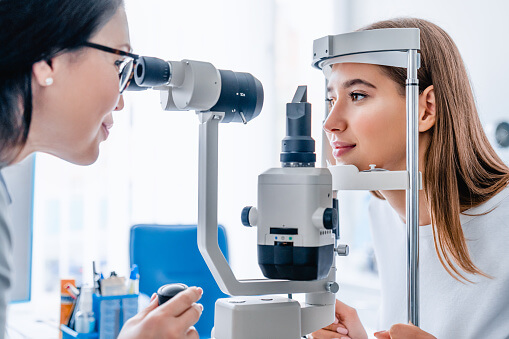The decision to upgrade equipment is not one that most dentists take lightly. New equipment can be costly. It can also come with a learning curve that temporarily disrupts the established routines that keep a practice running smoothly.
Although these are important considerations, carefully considered equipment upgrades may be warranted and advisable, especially given the continuous advances in dental technology today. In fact, new equipment that raises the level of the service you provide and the quality of the dental patient’s comfort and care may be just the right investment to make in the future of your practice.
These guidelines can help you evaluate if an equipment upgrade is in your best interest.
Essential Dental Equipment
Practice essentials, such as the hydraulic patient’s chair, cabinetry, dental delivery systems and lighting are long-term investments. When maintained routinely and in accordance with manufacturer recommendations, you may never need to replace these types of equipment. Chairs can be reupholstered, and a maintenance program can help you keep both large and small equipment in like-new working order. And insurance will help protect your investment from the unique risks to a dental professional.
Specialized Dental Equipment
Innovations in dental technology are opening up new options for patient care and raising the bar for dental restorations, cosmetic procedures and endodontics. To keep pace with your competitors, here are some of the technologies to consider now and to watch for the future:
- Digital X-rays have largely replaced traditional X-rays, resulting in less radiation exposure for patients and staff and better resolution than film.
- Intraoral cameras capture and display digital images from inside the patient’s mouth. This allows the patient to see what you see – which is helpful for both educational purposes and case documentation.
- Cone beam imaging creates a 3D digital model of a patient’s anatomy, offering a new standard of care for dental implant treatment planning as well as orthodontics, endodontics and other clinical imaging needs.
- Dental sleep medicine diagnoses and treats patients with sleep apnea through the use of oral appliance therapy and upper airway surgery.
- Open CAD/CAM systems allow you to fabricate chair-side restorations for cosmetic crowns, onlays and veneers.
- Dental lasers provide a minimally invasive way to remove tooth decay, perform biopsies, remove lesions, and clean and whiten teeth.
Making a Decision on Your Dental Equipment
To determine the viability of a new purchase for your practice, carefully evaluate these important questions:
- How will your patient care standards improve?
- How will your practice change? What new services will you offer? What existing services will be improved?
- What additional practice coverage will be necessary to insure your new equipment and protect your office?
- Will your practice productivity go up?
- What return on investment can you expect to receive?
For any purchase you may choose to make, be sure that you and your staff receive the training you need to maximize your use of the equipment. Also create a plan for marketing your investment so your patients can learn about your practice improvements and any new services you have to offer.





